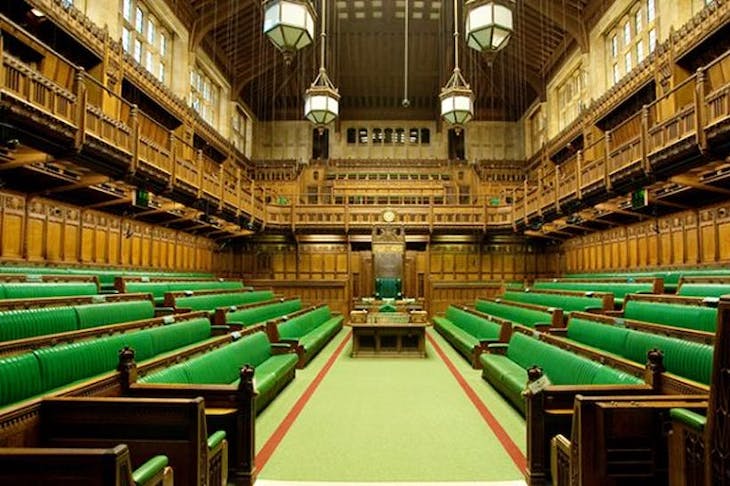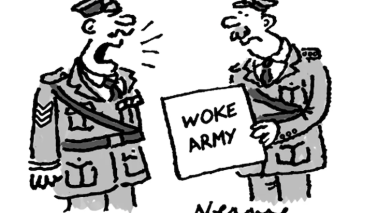Whether or not Theresa May manages to bring forward another Meaningful Vote on her Brexit deal before 12 April, it now seems likely that — in an attempt to clear the Brexit log-jam — parliament will be offered a series of ‘indicative votes’, so that MPs have a chance to say what their preferred Brexit option would be.
There will probably be seven options:
- Theresa May’s deal
- No deal
- A second referendum (doubtless to be followed by months of wrangling on what the question would be)
- Revoke Article 50 (either to stay permanently in the EU or, as some have suggested, to begin the process of leaving again from scratch at a later date. However, a large number of petitioners would be delighted.)
- A Canada-style free trade agreement (which would require a customs border in the Irish Sea)
- The May deal, but with a permanent customs union (Labour’s preferred option in order to, umm, prevent the backstop from becoming a permanent customs union)
- The May deal, but staying in the single market (and accepting freedom of movement)
Unfortunately, like everything else in this sorry business, it isn’t as simple as that.
First, it isn’t yet apparent what process will be used for working through the various options. Ken Clarke has suggested that MPs should use a ranked-preference system. While this sounds plausible, it has been shown to be problematic mathematically. In 1785, the Marquis de Condorcet published his Essay on the Application of Analysis to the Probability of Majority Decisions. This proved that, even when individuals have clear preferences, the collective preferences often contain conflicting majorities – the Condorcet paradox.
Writing in the Times today, the former Commons clerk Eliot Wilson pleads with MPs not to go down the route of indicative votes for just this reason. He cites the 2007 series of indicative votes on House of Lords reform where, again, parliament considered seven options. The process concluded with parliament opting for two incompatible motions and a still-unreformed House of Lords.
Alternatively, the options could be presented sequentially in a sort of knock-out tournament. The problem though, is that this would force MPs to vote tactically based on the options which hadn’t been considered yet. They would also have to figure out how other MPs would be likely to vote, taking into account that they would be voting tactically as well. This corrupts the principle of indicative votes, because MPs wouldn’t actually be showing what options they support, just what they think their preference should appear to be to achieve their desired result.
Assuming the government managed to stay in control of parliamentary business (not exactly guaranteed), this would hand May a significant degree of power. The government could present the options in reverse order of their own preference. The first vote could be on revoking Article 50, which is unlikely to pass if all other options are still available. For a start, it would rely on Labour overwhelmingly voting for it – with all the ensuing electoral consequences.
Holding a second referendum has already been voted down in parliament (and by an absolute majority, not just due to Labour’s abstention) and there would probably be a similar outcome in a repeat vote. It’s also unlikely that the numbers are there for Labour’s customs union proposal. It could eventually come down to a choice between staying in the single market and Theresa May’s deal. The single market proposal would almost certainly pull in the SNP votes and a fair number of Tory and Labour MPs, especially if it’s a free vote. While that might be enough to scare Brexiteers into finally voting for May’s deal in a further ‘Meaningful Vote’, the single market proposal could well win. Given that, the government could engineer the final vote to be between May’s deal and revoking A50. At least that would force other parties on board and increase the likelihood of the legislation passing.
The key problem is that the eventual outcome is bound to the process, which means whoever doesn’t like the result can and will find plenty to complain about the manner in which it was organised. The chance that indicative votes would resolve the matter is painfully slim.






Comments